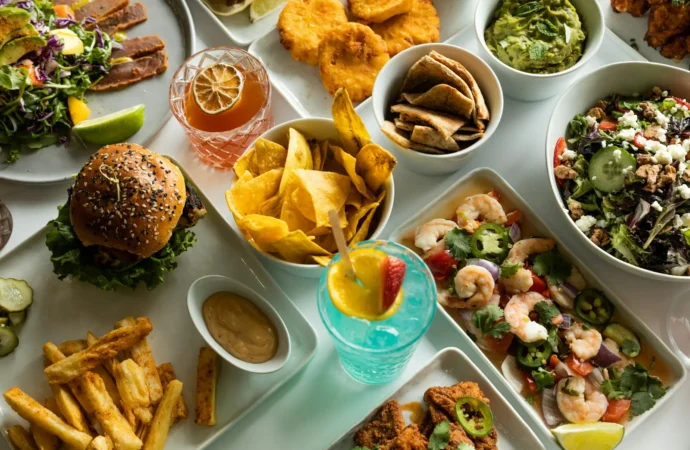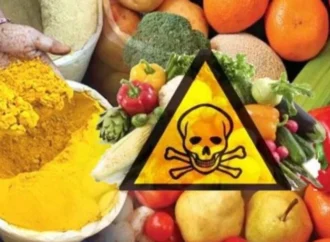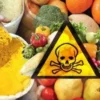At a Glance
The Food Safety and Standards Authority of India (FSSAI) has finalised major amendments to the Food Safety and Standards (Food Products Standards and Food Additives) First Amendment Regulations, 2025. These changes will take effect from February 1, 2026, and aim to strengthen food safety and quality for consumers. The updated regulations introduce new product standards, revise quality benchmarks, and refine rules for food additives and processing aids. The FSSAI implemented these changes following extensive public consultations and stakeholder feedback, which began after the draft notification was issued on October 31, 2022.
Key Changes at a Glance
-
New Standard for Meat Sausages
-
Standard for Dehydrated Tarragon
-
Updates on Edible Oils and Packaged Drinking Water
-
Revision to Food Colours
-
Changes to Food Additives and Enzymes
New Standard for Meat Sausages
For the first time, FSSAI has set detailed specifications for meat sausages, including composition, safety, and storage norms:
-
Meat Content: Fresh (50%), Cooked/Smoked (60%), Dry/Fermented (65%)
-
Moisture Limit: Fresh (65%), Cooked/Smoked (60%), Dry/Fermented (50%)
-
Storage: Fresh/Chilled at 4°C; Frozen at -18°C or below
Products must be free from dirt, bones, insects, and rodent contamination.
Standard for Dehydrated Tarragon
This standard applies to whole and powdered tarragon (Artemisia dracunculus Linnaeus) with the following parameters:
-
Moisture: Max 10%
-
Total Ash: Max 12%
-
Acid-Insoluble Ash: Max 1.5%
-
Volatile Oil: Min 0.6 ml/100g (whole), 0.5 ml/100g (powder)
Updates on Edible Oils and Packaged Drinking Water
FSSAI revised refractive index values for certain edible oils and updated permissible limits for packaged drinking water (excluding mineral water) to ensure consistency and safety.
Revision to Food Colours
Old notes requiring synthetic colours to be free from heavy metals have been removed, as these are already covered under the Contaminants, Toxins, and Residues Regulation, 2011. The updated standards include:
-
29 approved diluents and fillers
-
Mandatory labelling of total dye content for both solid and liquid preparations
Changes to Food Additives and Enzymes
-
Removed the maximum limit for Steviol glycosides in beverages
-
Updated the limit for hydrogen peroxide to 5 (as hydrogen peroxide)
-
Added several new enzymes from genetically modified microorganisms (GMM), including:
-
Phospholipase A2
-
Lysophospholipase
-
Lipase triacylglycerol
-
Glucose Oxidase
-
Serine endopeptidase
-
Chymosin
-
Why It Matters
These amendments reinforce FSSAI’s commitment to safer, high-quality food for Indian consumers. By introducing scientifically backed standards, updating additive norms, and improving traceability, the regulator strengthens India’s food safety framework.
Source: FoodTech Network
 Food Manifest
Food Manifest 


















